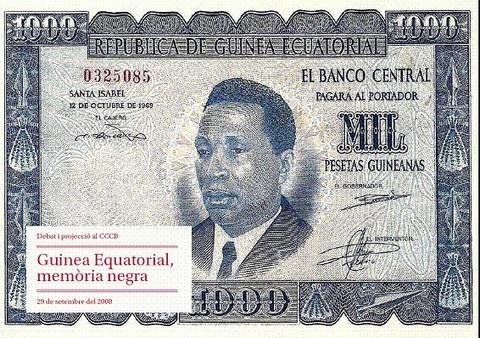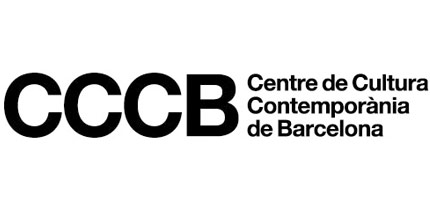Equatorial Guinea, Black Memory
Debate
Free
Spanish colonialism in Black Africa is one of the most ignored and wittingly silenced episodes in the recent history of Spain.
Equatorial Guinea, a former Spanish colony, attained its independence forty years gone by on 12 October 1968. The turbulent years that ensued led to the dictatorship of Francisco Macías, the instigator of fierce confrontations with the former metropolis, followed by the current regime of his nephew, Teodoro Obiang, which is bolstered by the oil industry. While human rights institutions condemn the dictatorship of Obiang, the greatest beneficiary of the wealth generated by growing oil production, Western democracies look the other way in order to gain access to the immense oil reserves held by the country.
The official stance in Spain on these issues (which, in some respects, holds true to the present day) has made Equatorial Guinea and Spanish influence there an awkward and complex issue to study. However, it undoubtedly affords the keys to better understanding the present and to tackling current relations between Europe and Africa with greater insight. By means of this seminar, the CCCB seeks to contribute to the analysis of the complexity and legacy of Spanish colonialism in the line of thought adopted for countries such as France, Belgium and the United Kingdom on their recent past.
6 pm
Screening of the feature-length documentary Memòria negra ("Black memory") by Xavier Montanyà, 2007, 93', original language version with Spanish subtitles
The testimony of a Guinean in exile provides an overview of the recent past of Equatorial Guinea. By means of unpublished images from public and private archives and interviews with the main protagonists, an analysis is made of Equatorial Guinea's history from the period of Spanish colonisation and its political, religious and cultural legacy to the country's independence in 1968, the bloodthirsty dictatorship of Francisco Macías and the current regime of Teodoro Obiang, upheld by the country's oil wealth.
7.30 pm
ROUND TABLE DISCUSSION
Participants:
Gustau Nerín, anthropologist and historian specialised in the study of Spanish colonialism in Africa. He was been a lecturer at the National University of Equatorial Guinea, the Associated Centre of the National University for Distance Education in Bata and the University of Montpellier. His publications include, among others, Un guàrdia civil a la selva (Ed. Ariel, 2008), La guerra que vino de África; España colonizada (Ed. Crítica, 2005) and El imperio que nunca existió (Plaza & Janés, 2001).
José Luis Nvumba, Guinean lawyer, exiled to Catalonia and son of one of the founders of MONALIGE (National Liberation Movement of Equatorial Guinea). Having undertaken studies in Spain, he returned to his country in 1986. Teodoro Obiang imprisoned him in 1992. Subsequent to his release, thanks to the mediation of the Spanish Government, he was exiled.
Xavier Montanyà, journalist and director of documentaries. His publications include Pirates de la llibertat (Ed. Empúries, 2004), winner of the Octavi Pellissa Award, and La gran evasió. L'heroica fugida dels últims exiliats de Pinochet (Ed. Ara Llibres, 2006). He is co-script writer of the documentary Granados y Delgado. Un crimen legal ("Granados and Delgado: A legal crime" - Silver FIPA Award, 1996) and Winnipeg. Palabras de un exilio ("Winnipeg: Words from exile"), and director of Sense llibertat ("Without freedom") and Joan Peiró i la justicia de Franco ("Joan Peiró and the justice of Franco"), among others.
Participants: Gustau Nerín i Abad, José Luis Nvumba, Xavier Montanyà




